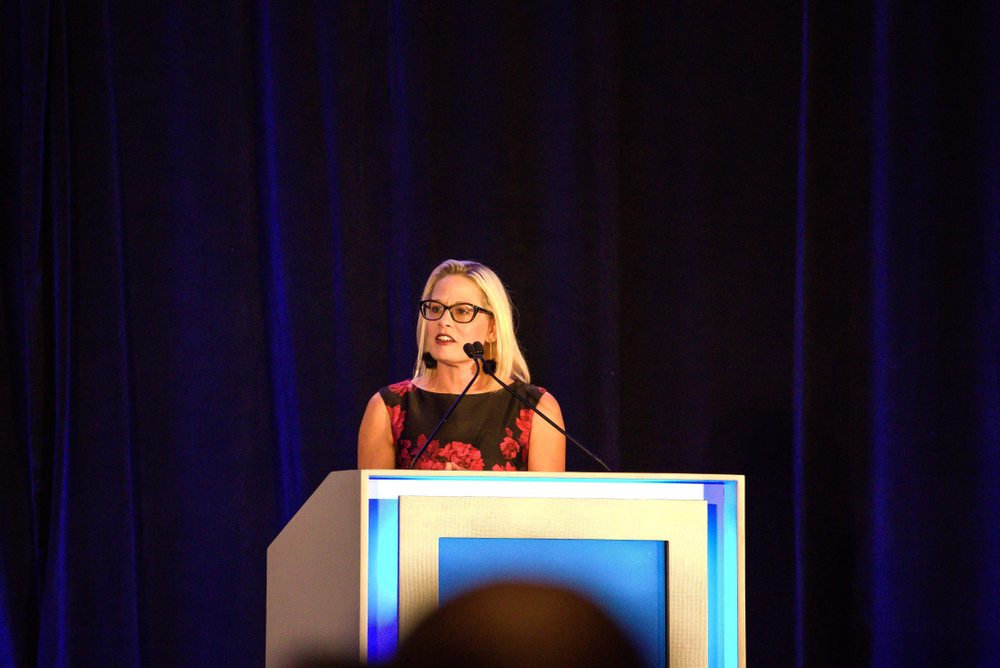
Sinema Will Not Seek Second Term
Sen. Kyrsten Sinema (I-AZ) announced this week that she would not seek a second term in the United States Senate. The withdrawal of the senator could provide a significant opportunity for the GOP to pick up a major seat in its bid for a majority of the Senate in November.
The senator made the announcement via social media earlier this week.
was weakened by government dysfunction and the constant pull to the extremes by both political parties,” she said. “I promised I would do my best to fix it.”
“The only political victories that matter these days are symbolic – attacking your opponents on cable news or social media. Compromise is a dirty word. We’ve arrived at that crossroad, and we chose anger and division. I believe in my approach. But it’s not what America wants right now,” said the senator.
The withdrawal from the race opens opportunities for the likely Republican candidate, Kari Lake, and the likely Democratic nominee, former Rep. Ruben Gallego (D-AZ).
National Republican Senatorial Committee (NRSC) Chair Sen. Steve Daines (R-MT) said that Sinema’s departure “creates a unique opportunity for Republicans to build a lasting Senate majority this November.”
Senator Kirsten Sinema (I-AZ) just announced she will not run for re-election. @Rach_IC just told me this is great news for @KariLake. https://t.co/sgVZUmRoHG
— MichaelPatrick Leahy (@michaelpleahy) March 5, 2024
Lake was the GOP’s candidate for governor in 2022 and came within a narrow margin of victory.
Sinema’s win in 2018 was crucial to control of the Senate in a year in which Republicans did not win as many congressional seats as originally predicted.
Her time in the Senate has been marked with significant disagreements with the Democratic Party as she moved closer to the political center. In late 2022, facing a possible primary challenge, Sinema announced that she would register as an independent.
Sinema’s departure also came as several other centrist senators announced that they would not seek reelection. Earlier this year, Sen. Mitt Romney (R-UT) announced that he would not seek a second term in a statement similar to Sinema’s. In addition, Sen. Joe Manchin (D-WV) stated that he would not seek another term in the Senate, opening a major opportunity for Republicans in heavily Republican West Virginia.







